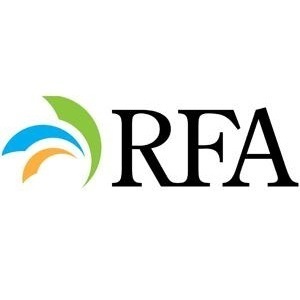RFA hosting Rhode Island ethanol safety seminar May 11

May 2, 2018
BY Renewable Fuels Association
The Renewable Fuels Association and several organizations are hosting an ethanol safety seminar in Rhode Island next week.
The ethanol safety seminar, in partnership with Transcaer, International Association of Fire Chiefs, and Pipeline and Hazardous Materials Safety Administration, will be held on May 11 in Exeter, Rhode Island.
Advertisement
Advertisement
Registration is free and lunch will be provided. Registration is limited and Certificates of Completion will be awarded to attendees at the completion of the course. The seminar is designed for individuals who respond to ethanol-related emergencies, as well as emergency planning committees and safety managers.
The ethanol safety seminar will be held from 8am-4:30pm ET at:
Rhode Island Fire Academy
Room 121-122
4 Green Lane
Exeter, R.I., 02822
The ethanol safety seminar focuses on numerous important areas of ethanol safety including an introduction to ethanol and ethanol-blended fuels, chemical and physical characteristics of ethanol and hydrocarbon fuels, transportation and transfer, storage and dispensing locations, firefighting foam principles, general health and safety considerations and storage and pre-planning considerations.
Advertisement
Advertisement
Related Stories
The U.S. Energy Information Administration maintained its forecast for 2025 and 2026 biodiesel, renewable diesel and sustainable aviation fuel (SAF) production in its latest Short-Term Energy Outlook, released July 8.
XCF Global Inc. on July 10 shared its strategic plan to invest close to $1 billion in developing a network of SAF production facilities, expanding its U.S. footprint, and advancing its international growth strategy.
U.S. fuel ethanol capacity fell slightly in April, while biodiesel and renewable diesel capacity held steady, according to data released by the U.S. EIA on June 30. Feedstock consumption was down when compared to the previous month.
XCF Global Inc. on July 8 provided a production update on its flagship New Rise Reno facility, underscoring that the plant has successfully produced SAF, renewable diesel, and renewable naphtha during its initial ramp-up.
The USDA’s Risk Management Agency is implementing multiple changes to the Camelina pilot insurance program for the 2026 and succeeding crop years. The changes will expand coverage options and provide greater flexibility for producers.
Upcoming Events










